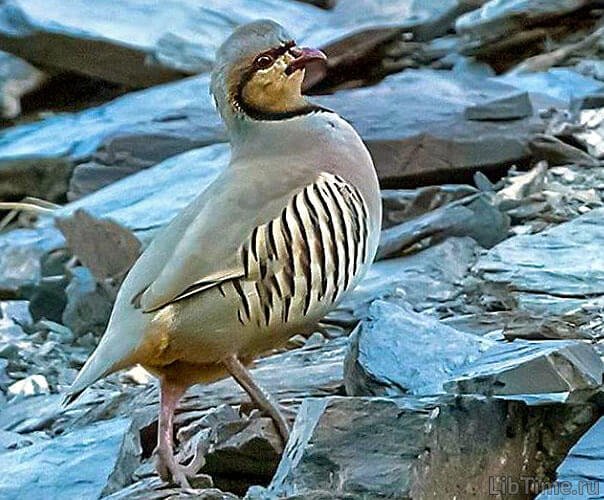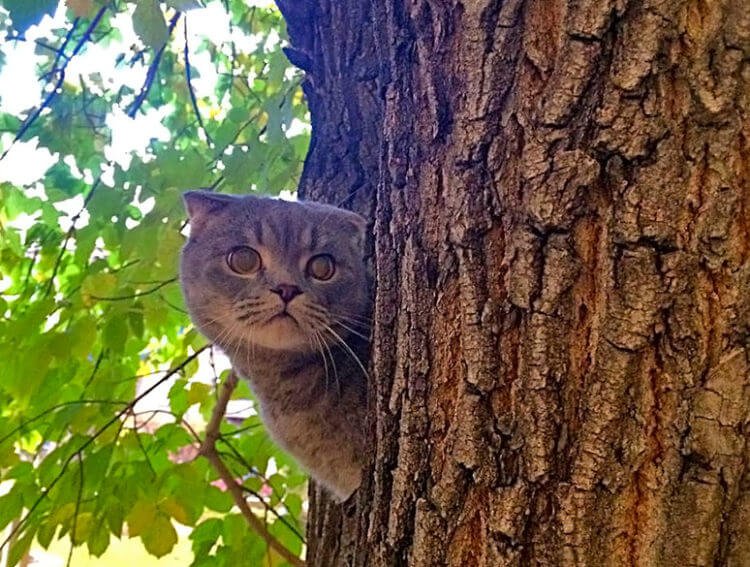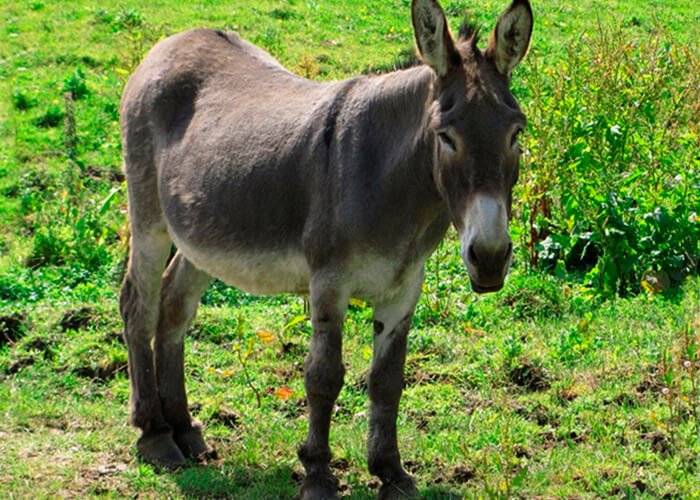Hunting with a donkey
How the gamekeeper started to go hunting with the donkey, it was hard to even notice. It just sort of happened by itself.
A donkey to help the gamekeeper
It began with the fact that the huntsman was given a donkey to guard the collective farm hay on the river meadows. There were not many stacks. You could see all of them if you climbed up one of them. The donkey was not needed at all and only required extra care - it had to be watered and occasionally bandaged when it plucked grass near itself.
The donkey was small in stature. When the tall, big huntsman sat on it, he bent his legs at the knees to keep them from dragging on the ground. But there was still a use for the donkey. The new owner began to ride it in the mornings to hunt pheasants.
A huntsman with a donkey on a hunt
Autumn in Semirechye is always warm, without heat. The dew in the morning was abundant, as after a heavy rain. With his legs tucked up, the huntsman rode on a donkey wet with dew. If a pheasant flew out, the hunter hastily lowered his legs and stood on the ground above the donkey. The small animal would freeze and would not interfere with the shooting. It fit between the shooter's legs.
After a miss, the huntsman bent his legs at the knees and was on horseback again. Two pheasants in a morning were enough for the hunter's family, and he would return, swaying on his donkey. From afar, the donkey was almost invisible in the tall grass. In his free time from hunting, the animal grazed on a tether and quickly recovered after a life of labor in the collective farm.
Soon the donkey himself began to stop at each flight of a pheasant. The animal learned that after the shout and noise of the bird taking off there was a great relief - it was the huntsman, who was not less than eighty kilograms, getting up on the ground. The donkey was not afraid of the shots.
He began to stop even if the pheasant flew far out of shot. But a kick with a boot under his belly made him obediently drag on. So gradually the donkey learned to stop only when a pheasant flew out from under his feet.
The donkey's sense of smell
Not two weeks later, the donkey became indispensable for hunting. With his senses and his excellent hearing he unmistakably recognized when a pheasant was close by in the dense grass. The donkey immediately stopped like a halt. Two long ears pointed upward and slightly to the side, as if pointing with their fingers:
There's a pheasant over there, a little to the right!
Eighty kilograms were being lifted over the donkey's back. The pheasant's nerves could not stand the sudden stop a few steps away, he exploded upwards with a scream and a flapping sound, and after the shot he fell stone-faced into the grass. Two shots and two pheasants-this became the rule with the hunter.
It was rare that game appeared unexpectedly. Shooting was easy. The assistant was improving his skill every day. He became more and more agile in the hunt and hurriedly shuffled his feet. He had another interest - to find two pheasants and return home as soon as possible.
It was not enough that the donkey had learned to find the killed pheasants in the grass. However, if the method of incentive training was applied, this could probably be achieved too! Shouldn't sport hunters in the south of the country change their dogs for donkeys? That would be great!


